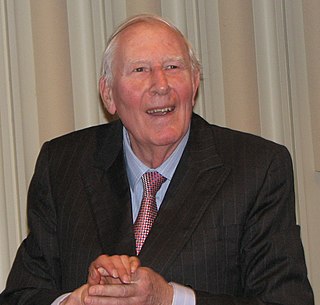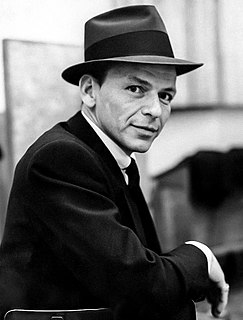A Quote by Fidel Castro
I don't think that the contradictions between capitalism and socialism can be resolved by war. This is no longer the age of the bow and arrow. It's the nuclear age, and war can annihilate us all. The only way to achieve solutions seems to be for the different social systems to coexist.
Related Quotes
I grew up in the American South, the segregated South. Now we have a black man who is president. It was an age of apartheid, and now that's over. It was an age of two superpowers frozen in a cold war, and now that's resolved. So history marches on, except for this Arab-Israel conflict, which seems to have a claim on being eternal.
One of the reasons it's important for me to write about war is I really think that the concept of war, the specifics of war, the nature of war, the ethical ambiguities of war, are introduced too late to children. I think they can hear them, understand them, know about them, at a much younger age without being scared to death by the stories.
Teller contended, not implausibly, that hydrogen bombs keep the peace, or at least prevent thermonuclear war, because the consequences of warfare between nuclear powers are now too dangerous. We haven't had a nuclear war yet, have we? But all such arguments assume that the nuclear-armed nations are and always will be, without exception, rational actors, and that bouts of anger and revenge and madness will never overtake their leaders (or military and secret police officers in charge of nuclear weapons). In the century of Hitler and Stalin, this seems ingenuous.
I am a very good archer. I use archery as my way of meditation. I cannot sit down and just meditate in the classical sense. I am very active. So, I use archery. I have my bow, my arrow and I use this tension and relaxation in the second after throwing the arrow. And it is my way to meditate and this is the only thing that clears my mind. When I do archery, I am totally there with my bow, my target, my arrow, and I don't think, I am communion with the universe.
Capitalism and socialism are two distinct patterns of social organization. Private control of the means of production and public control are contradictory notions and not merely contrary notions. There is no such thing as a mixed economy, a system that would stand midway between capitalism and socialism.
As I came through medical school, it was very exciting because physicians were reaching out to each other, between the U.S. and the Soviet Union, and sort of helping to build bridges among, you know, people, people who were not allowing our government to pit us against each other and to actually take us to the brink of nuclear war. And Physicians for Social Responsibility wound up getting a Peace Prize, a Nobel Peace Prize, which they shared with International Physicians for the Prevention of Nuclear War.
Unconditional war can no longer lead to unconditional victory. It can no longer serve to settle disputes. It can no longer concern the Great Powers alone. For a nuclear disaster, spread by wind and water and fear, could well engulf the great and the small, the rich and the poor, the committed and the uncommitted alike. Mankind must put an end to war--or war will put an end to mankind.










































